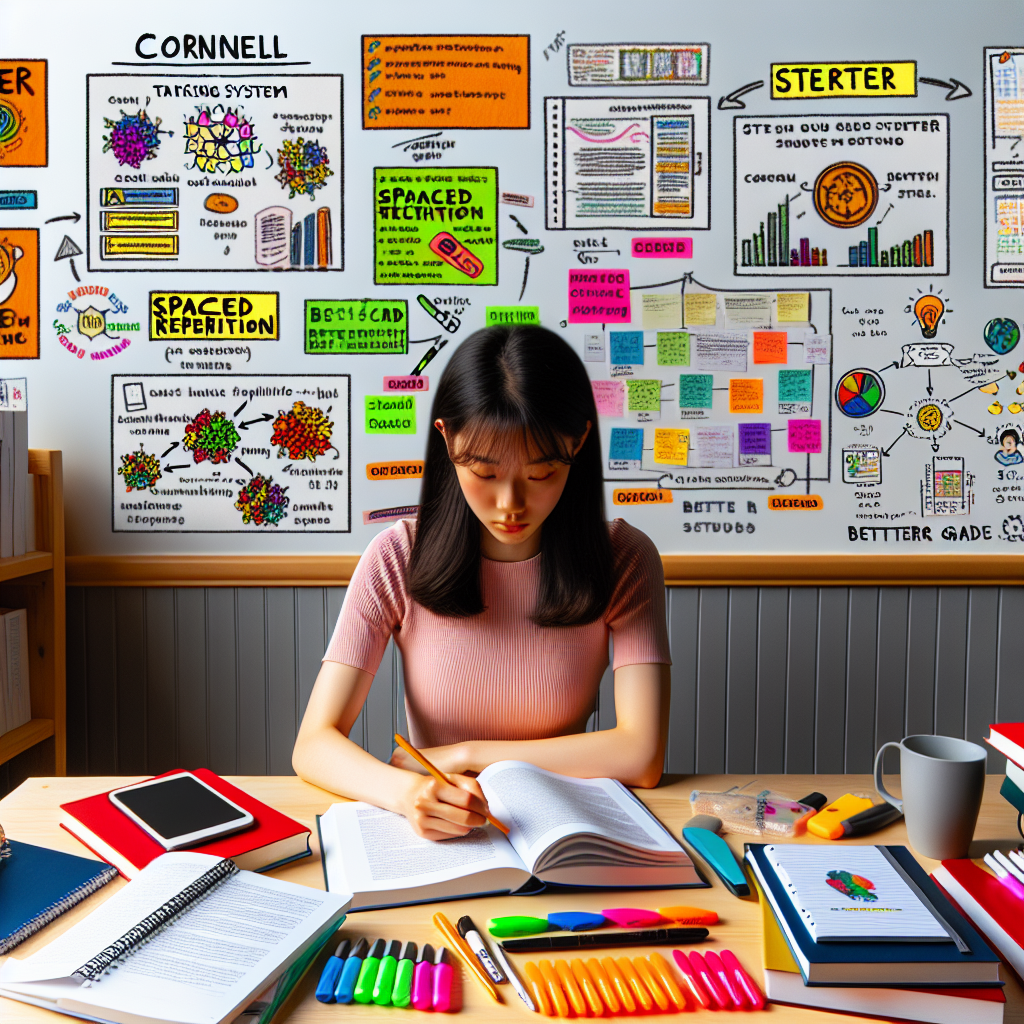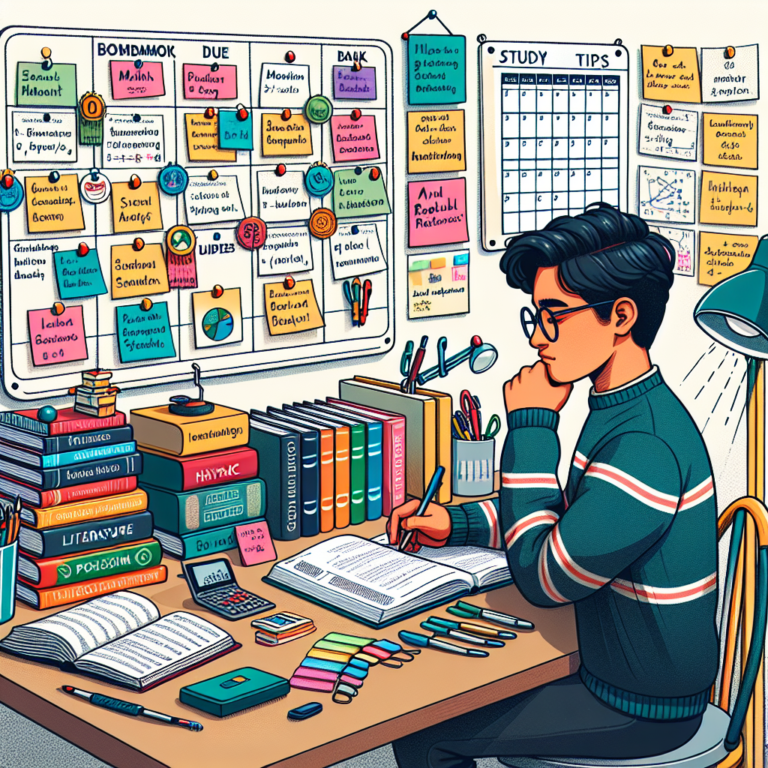Effective Study Techniques for Better Grades
Achieving better grades isn’t just about spending more hours with your nose buried in books. It’s about studying smarter, not harder. With the right techniques, you can enhance your learning, retain more information, and perform better on exams. In this article, we’ll explore some of the most efficient study techniques that can help you reach your academic goals.
Understanding Your Learning Style
Visual, Auditory, and Kinesthetic Learners
Before diving into study techniques, it’s important to understand that everyone has a unique learning style. Some students are visual learners, preferring diagrams and images. Others are auditory, learning best through listening, and some are kinesthetic, needing to engage in physical activities to grasp concepts. Tailoring your study habits to your learning style can make a significant difference.
Efficient Study Techniques for Everyone
Now, let’s explore some universal study techniques that can help you study more effectively, regardless of your learning style.
Spaced Repetition
Instead of cramming all your studying into one marathon session, spaced repetition involves breaking up your study material into smaller chunks and reviewing them consistently over time. This method leverages the psychological spacing effect, where information is more easily recalled if it’s studied a few times over a long period rather than repeatedly in a short one.
Active Recall
Active recall is the practice of testing yourself on the material you’re trying to learn, rather than passively reviewing it. This could be through flashcards, practice questions, or teaching the material to someone else. Active recall forces your brain to retrieve information, strengthening the memory and making it easier to recall in the future.
Pomodoro Technique
The Pomodoro Technique is a time management method that breaks your study sessions into 25-minute focused intervals (called “Pomodoros”) followed by a 5-minute break. After four Pomodoros, you take a longer break. This technique helps maintain high levels of concentration while preventing burnout.
Feynman Technique
Named after the Nobel Prize-winning physicist Richard Feynman, this technique involves explaining a concept in simple language as if you were teaching it to someone else. If you struggle with an explanation, it highlights areas where you need more understanding. Teaching others also reinforces what you’ve learned.
Study Techniques for Different Subjects
Different subjects often require different study strategies. Here’s how you can adapt your study habits to various disciplines.
Humanities and Social Sciences
For subjects like history and literature, creating timelines or storyboards can help visualize events and narratives. Discussing themes and theories with peers can also deepen your understanding and offer new perspectives.
STEM Subjects
For science, technology, engineering, and mathematics, practice problems are key. Work through as many different problems as you can, and if you get stuck, step-by-step walkthroughs can help you understand the process.
Languages
When studying a new language, immersion is highly effective. Watch movies, listen to music, and converse with native speakers as much as possible. Flashcards can also be useful for building vocabulary.
Study Environment and Habits
Create a Dedicated Study Space
Having a specific area designated for studying can help condition your mind to focus when you’re in that space. Make sure it’s well-lit, quiet, and free from distractions.
Stay Organized
Keep your study materials and notes organized. This will save you time looking for things and help keep your mind clear and focused on learning.
Take Care of Yourself
Never underestimate the importance of good sleep, nutrition, and exercise. They all play a vital role in cognitive function and memory formation.
Using Technology to Enhance Study
There are numerous apps and online resources available that can support different study techniques. From flashcard apps like Anki to time management tools like Be Focused, technology can be a valuable ally in your quest for better grades.
The Role of Motivation and Mindset
Set Clear Goals
Having clear, achievable goals can help motivate you to stick to your study plan. Break your goals down into smaller, manageable tasks that you can tackle one at the time.
Adopt a Growth Mindset
Believe in your ability to improve and learn from mistakes. A growth mindset can keep you motivated and resilient in the face of challenges.
Conclusion
By employing these effective study techniques, you’re setting yourself up for academic success. Remember that the best approach is one that’s consistent and adapts to your individual learning style and life circumstances. Experiment with these methods, find what works best for you, and watch your grades—and your confidence—soar.










